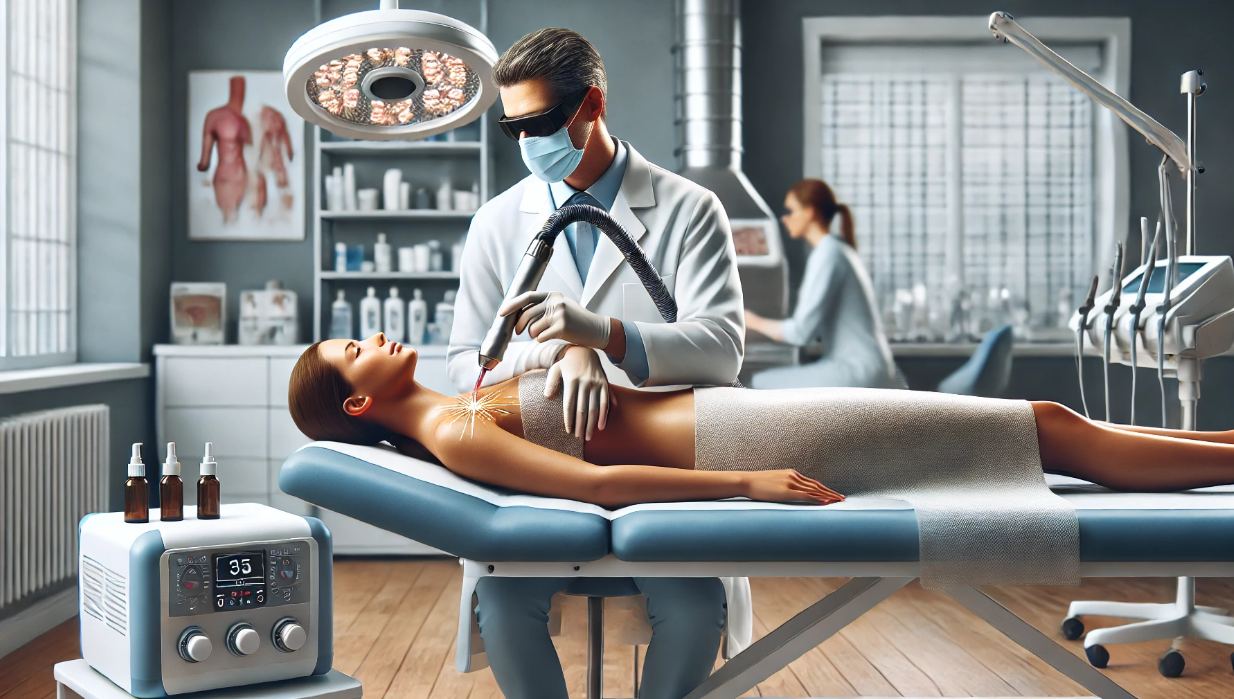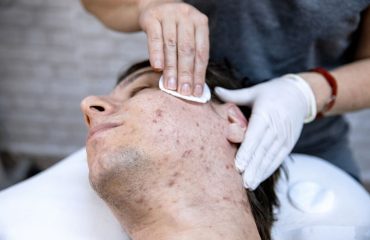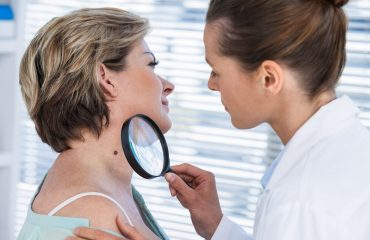Skin conditions can significantly impact our daily lives, affecting not only our appearance but also our self-esteem and overall well-being. Whether it’s acne, eczema, or psoriasis, these issues are more common than you might think, and understanding them is the first step toward effective treatment. Imagine waking up each day feeling confident in your skin—this is possible with the right knowledge and care.
In this article, we will explore various skin conditions, their symptoms, and the latest treatments available. Additionally, we’ll guide you on how to find a dermatologist near you for personalized care. By the end of this journey, you’ll be equipped with valuable insights to help you or your loved ones manage skin health effectively. So, let’s dive into the fascinating world of skin conditions and discover how to achieve healthier skin together!

skin conditions
Types of skin conditions
When it comes to skin conditions, variety is the name of the game. From common ailments like acne to more complex issues such as psoriasis, understanding the different types can help you identify what might be affecting your skin.
Acne is one of the most prevalent skin conditions, especially among teenagers and young adults. It occurs when hair follicles become clogged with oil and dead skin cells, leading to pimples and blemishes.
Eczema, on the other hand, is one of the skin conditions characterized by dry, itchy patches of skin that can become inflamed. It often flares up due to environmental factors or allergens and can affect individuals of all ages.
Psoriasis is another condition worth mentioning. This chronic autoimmune disorder causes rapid skin cell production, resulting in thick, red patches covered with silvery scales. While it can be uncomfortable, understanding its triggers can help manage flare-ups.
Other skin conditions like rosacea, dermatitis, and fungal infections also deserve attention. Each condition has unique characteristics and treatment options, making it essential to consult a dermatologist for accurate diagnosis and personalized care. Remember, knowledge is your best ally in achieving healthy skin!

DISEASES OF THE SKIN
Symptoms and Signs of skin conditions
Recognizing skin condition symptoms is crucial for early diagnosis and effective treatment. Skin disorders can manifest in various ways, and understanding these signs can help you take action sooner.
Itching is one of the most common symptoms, often indicating irritation or inflammation. Conditions like eczema and dermatitis frequently cause intense itching, which can lead to scratching and further skin damage.
Rashes are another telltale sign, appearing as red, inflamed areas that may be bumpy or flaky. Rashes can vary greatly in appearance depending on the underlying condition; for instance, psoriasis often presents as thick, silvery scales, while hives may appear as raised, itchy welts.
Changes in pigmentation, such as dark or light patches on the skin, can also signal a problem. These changes might occur with conditions like vitiligo or melasma.
Other symptoms of skin conditions to watch for include dryness, cracking, blisters, or open sores. If you notice any persistent changes in your skin—especially if accompanied by pain or discomfort—it’s essential to consult a dermatologist. Early intervention can make a significant difference in managing these conditions effectively and improving your skin health.
Methods of Treating skin conditions
Skin treatments offer a variety of effective methods, each tailored to address specific skin conditions. Understanding these options can empower you to make informed decisions about your skin health.
Topical Treatments are often the first line of defense. These include creams, ointments, and gels that can help alleviate symptoms such as inflammation and dryness. For conditions like eczema or psoriasis, corticosteroids and moisturizers are commonly prescribed.
Chemical Peels are another popular option. This treatment involves applying a chemical solution to the skin, which causes the outer layers to peel away, revealing smoother and healthier skin underneath. Depending on the strength of the peel, results can vary from minor improvements to significant rejuvenation.
Laser Therapy has gained traction for its effectiveness in treating various skin issues, including acne scars and pigmentation problems. By using concentrated light beams, laser treatments can stimulate collagen production and improve skin texture.
Microneedling is an innovative approach that creates tiny injuries in the skin to promote healing and collagen production. This method is particularly useful for reducing scars and fine lines.
Lastly, dermatological procedures like dermabrasion or microdermabrasion can provide immediate results by physically exfoliating the skin. Each treatment option has its benefits and considerations, making it essential to consult with a dermatologist for personalized advice tailored to your specific needs.

Dermatological procedures
How to Find a Dermatologist Near You
Finding a dermatologist close to your location is essential for addressing skin conditions effectively. Start by conducting an online search for phrases like “dermatologist near me” to generate a list of local specialists.
Personal recommendations can also be invaluable. Ask friends, family, or your primary care physician for their experiences with local dermatologists. This can lead you to trusted professionals who have successfully treated similar conditions.
Once you’ve compiled a shortlist, check each dermatologist’s credentials to ensure they are board-certified and experienced in treating your specific skin issues. Don’t hesitate to contact their offices directly to inquire about appointment availability, insurance acceptance, and whether they are accepting new patients. Taking these steps will help you find the right dermatologist, ensuring you receive the best care for your skin health.
Conclusion
In conclusion, understanding and managing skin conditions is key to maintaining both your skin’s health and overall well-being. Recognizing symptoms early allows you to address concerns before they worsen, empowering you to take control of your skin care. With advancements in treatments such as topical medications, laser therapy, and innovative procedures, effective solutions are available for a wide range of skin issues.
Finding a qualified dermatologist plays a crucial role in this journey. They can provide expert care tailored to your specific skin needs, ensuring the right treatment plan is in place. Early intervention is essential in managing conditions like acne, eczema, and other skin concerns successfully.
So, whether you’re dealing with acne, eczema, or any other skin condition, don’t hesitate to seek help. Your skin deserves the best care, and with the right knowledge and support, you can achieve the healthy, radiant complexion you desire. Embrace your journey toward better skin health today!




